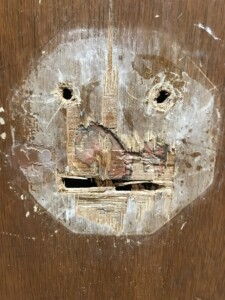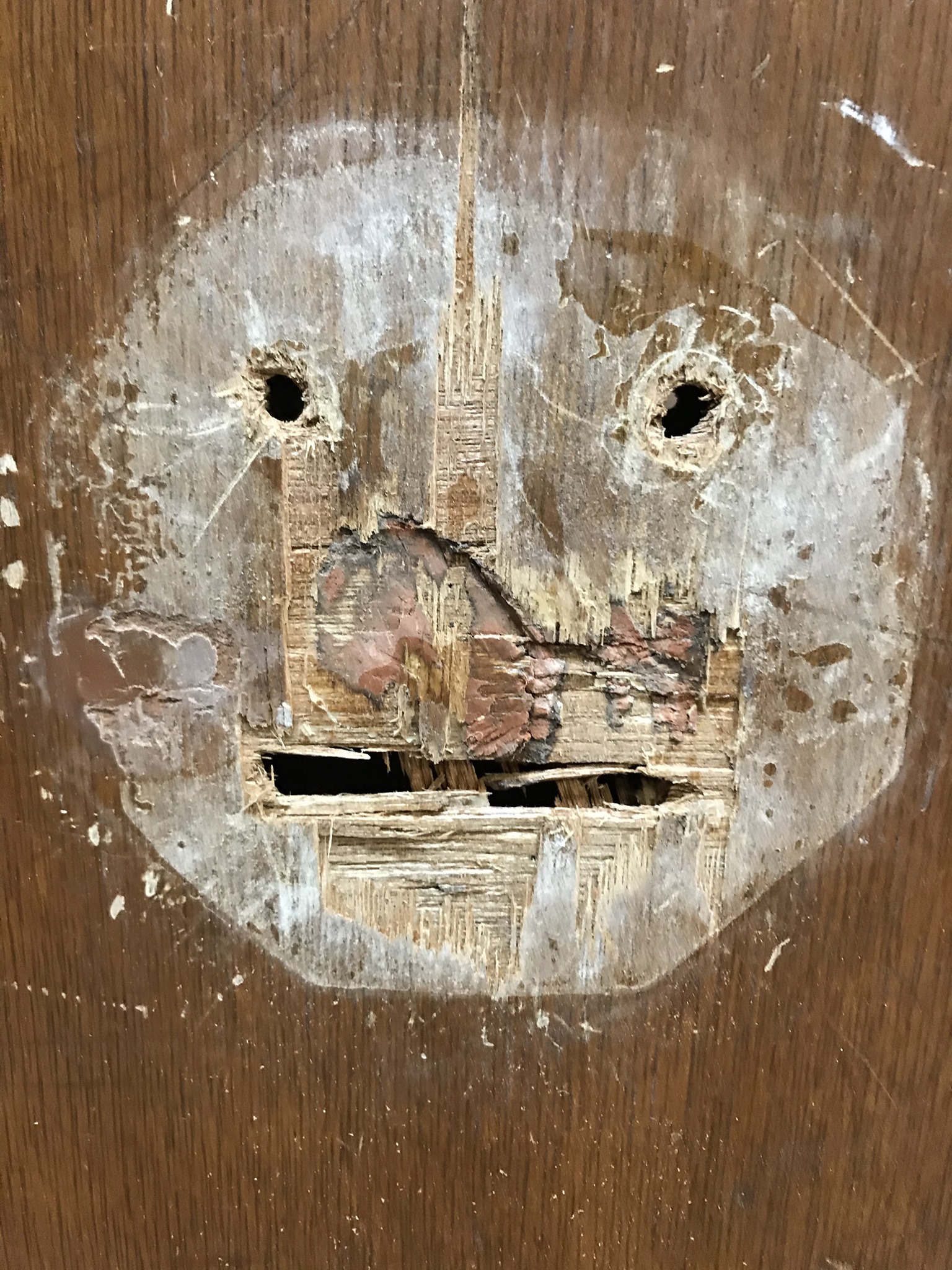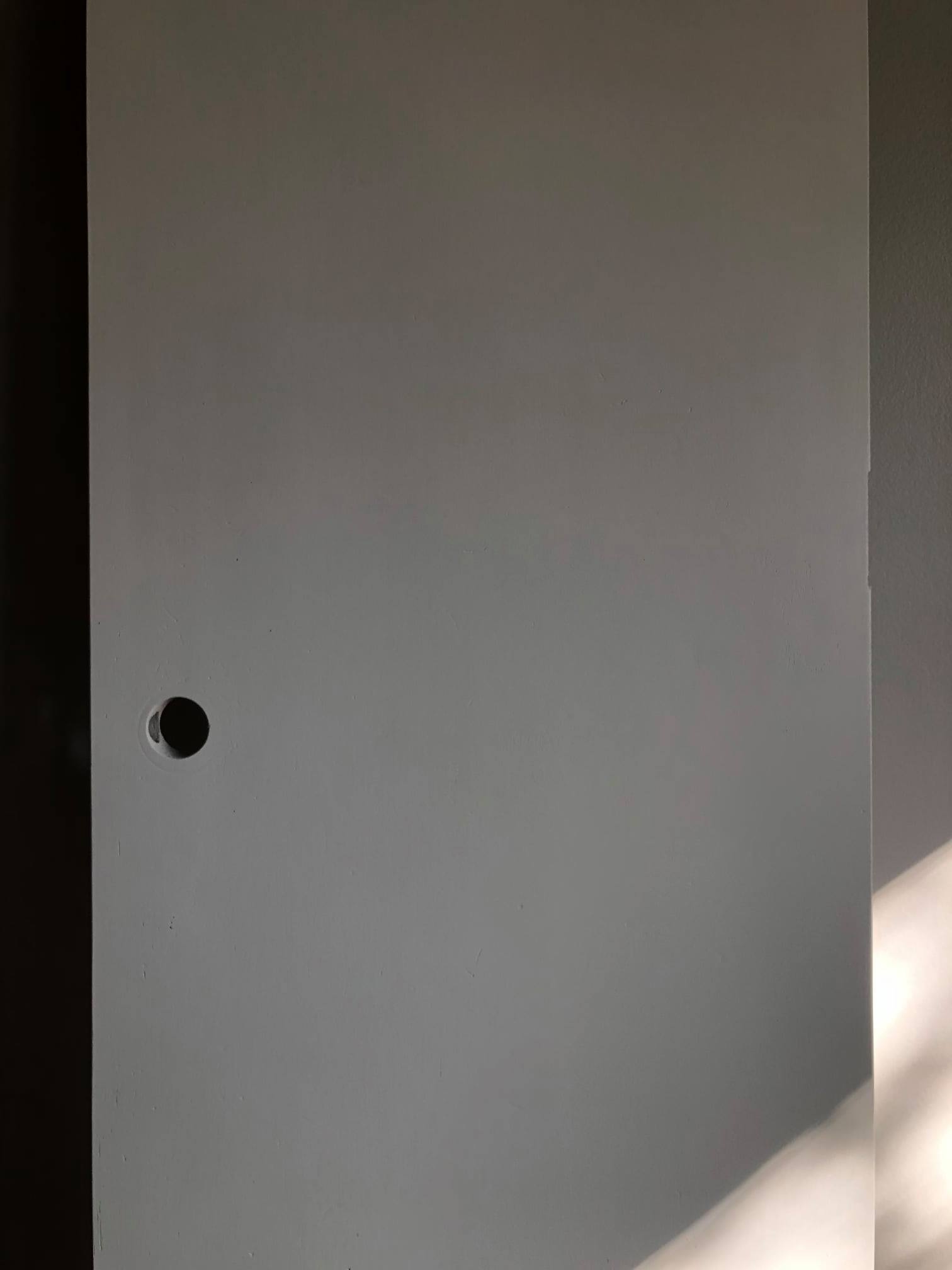Having entered the house rental market as a landlord recently with my wife and one of my sons, I have gained first-hand experience in areas I had only heard about previously. The importance of buying structurally sound properties at the right price, wisely renovating them with the right features to add value, pricing them appropriately, and finding quality renters are all parts of a matrix that will lead to long-term success with this type of investment.
To be profitable as a smaller player, it is important to do as much of the renovating as possible yourself; bringing in professionals only for projects needing a well-developed skill set. As I’ve engaged in the unenviable tasks of demo work, sanding, spackling, and painting I’ve been reminded of the reality that people treat rentals differently than their own homes.
From my limited experience, it seems normative for renters (with complicity from the landlords in many cases) to let repairs and maintenance slide until they are absolutely necessary, to enlist a “quick cosmetic fix” when visible damage occurs, to eschew any deep cleaning, and to give little regard for the condition the property is left in when they leave. In short, a renter is completely uninvested in the  future value or performance of the property.
future value or performance of the property.
A recent remodeling effort revealed “decorative treatments” that concealed holes in the ceiling and doors that had been badly damaged. “Who lives like this?” became a recurring question as we sought to transform our investments. One door that had been particularly abused resembled “Wilson”, the personified volleyball that provided company to actor Tom Hanks who suffered from isolation in the movie “Castaway.” While we were cautioned that any attempt to repair “Wilson” was a fool’s errand, we began a work of redemption anyway.
Our efforts to remodel these rental units reminds me of a truth most people understand: whether it is homes, apartments, cars, jet skis or ice skates, people often treat rentals with less care and caution than they do their own property.
Here’s where we need to be careful as Christians. Most of us cling to the glorious hope of all believers that we will ultimately receive new, imperishable bodies that will not experience decay and death. Jesus and the apostles spoke repeatedly of this, and Jesus’ resurrected body is offered as an example of what that physical body will be like.
In short, we are all tempted to treat our current bodies like a rental.
With our physiological future secure in this incredible promise, it would be easy to experience growing contempt for our current bodies, especially as they age and deteriorate. If we’re not careful, we can begin to think of them as nothing more than an unimportant, temporary shell to be cast off like a butterfly’s chrysalis. In short, we are all tempted to treat our current bodies like a rental.
David Mathis, Pastor of Cities Church in Minneapolis, MN, and Executive Editor at desiringgod.org reminds us in a recent blog:
The creative brilliance and glory of God’s design in the human body will not be discarded at Christ’s second coming. Our future is embodied. Faithful Christian theology does not diminish the importance of our bodies, but heightens it – from God’s creative design, to his ongoing affirmation, to his promise to raise them, to his calling to use them.1
Our bodies will degrade and eventually die. But this in no way marginalizes them. Like all animate and inanimate things that are crying out for redemption, our calling is to show forth the promise of redeemed perfection in our present state.
Like all animate and inanimate things that are crying out for redemption, our calling is to show forth the promise of redeemed perfection in our present state.
For some of us, the amount of physiological redemption may seem overwhelming, like it did to my son and I as we undertook the task of repairing a closet door that some said wasn’t worth the effort.
But God is at work redeeming all things. In his plan, everything gets redeemed in the end and is actually “groaning” in its longing for that day. ( Rom 8:22 )
Our tongues will be redeemed, along with our relationships, the heavens and earth – and our bodies. What is our response to this reality – destroy relationships… litter and despoil the earth…speak as profanely as possible? After all, everything gets redeemed in the end!
While these ludicrous responses to God’s future promises may seem over the top, we need to make sure the certainty of new physical bodies does not create in us a dismissive attitude toward the ones God has entrusted us with now. While we won’t attain perfection in our present state, our pursuit of Christlikeness should be inspired by what we know of our future physical perfection.
While we won’t attain perfection in our present state, our pursuit of Christlikeness should be inspired by what we know of our future physical perfection.
Jesus’ resurrected body is the down payment for the glorified bodies we are promised. Glorifying God now with our bodies provides a foretaste of what we will receive in the future.
If the work of redemption in your physical body seems ominous, remember that we’re not called to do the redeeming work in our own strength. Paul reminds the Galation church that transformation of any kind is the work of the Agent of transformation, the Holy Spirit:
“Are you so foolish? Having begun by the Spirit, are you now being perfected by[ the flesh?” Galations 3:3 ESV
I’m happy to report that “Wilson” – the badly damaged door at our rental remodel – was, with professional assistance, able to be redeemed to like-new status. The Holy Spirit’s leading and direction, along with our cooperative obedience, can bring transformation to our physical bodies as well, pointing others to the future redemption that will be ours in Christ.





